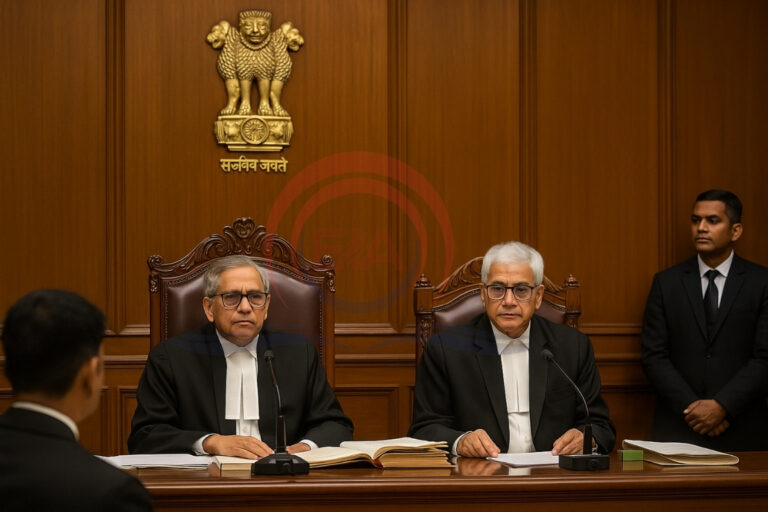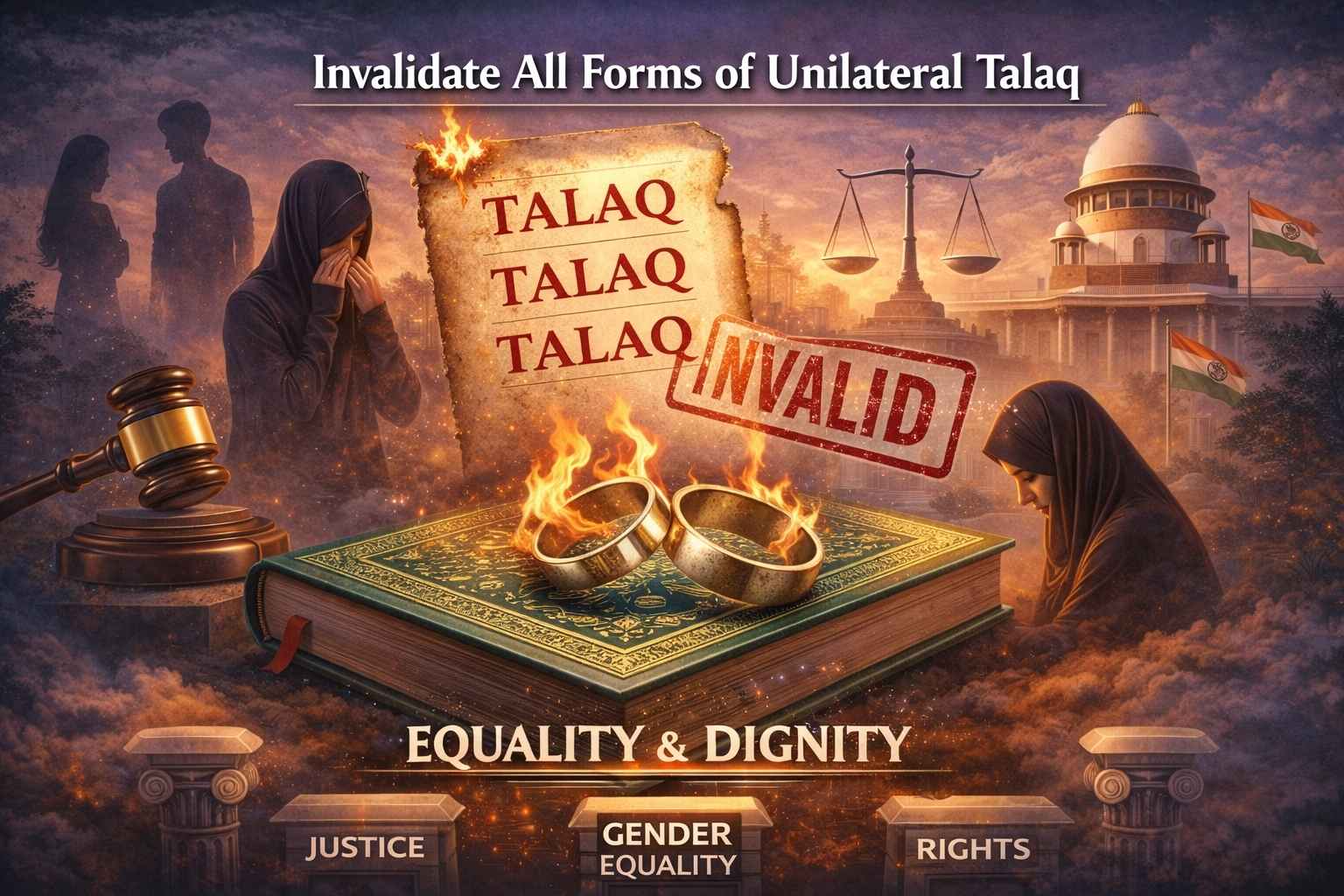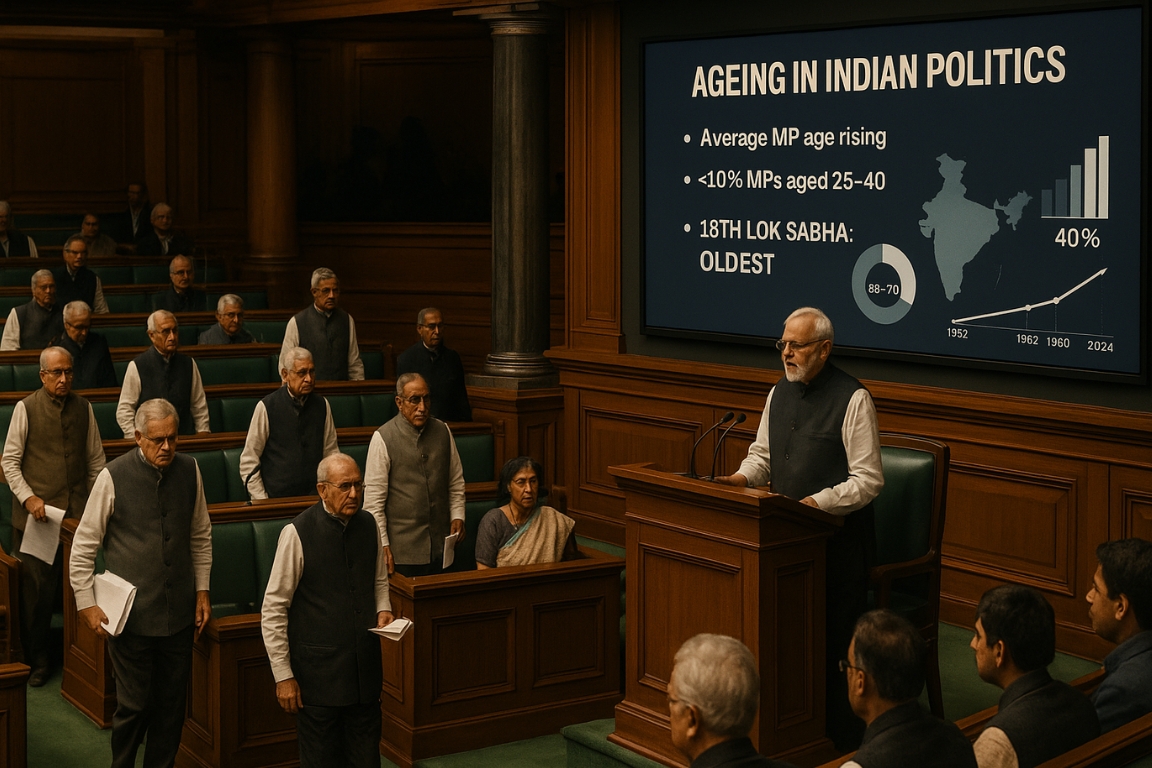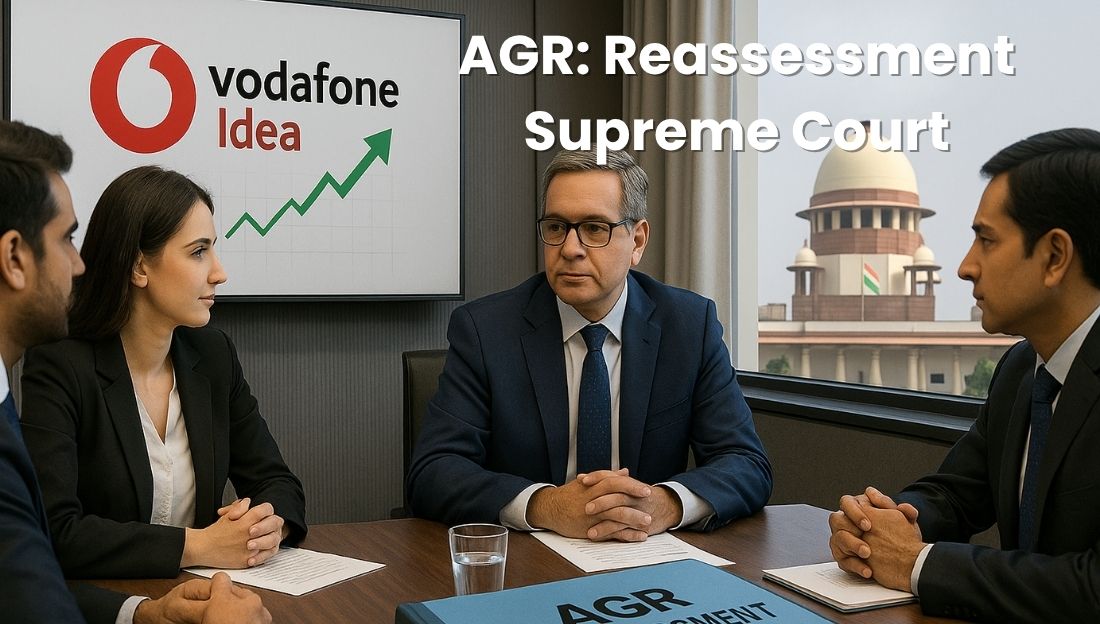The Supreme Court has questioned whether the possibility of misuse of Section 152 of the Bharatiya Nyaya Sanhita (BNS), which penalises acts endangering India’s sovereignty and unity, can be a valid reason to strike down the provision.
Background:
- Section 152 of BNS Punishes acts that threaten the sovereignty, unity, and integrity of India.
- Replaces the colonial-era IPC Section 124A (sedition) but faces criticism for being similarly vague.
- FIR registered in Assam against The Wire co-founder Siddharth Varadarajan and the Foundation of Independent Journalism over a published news article.
What is sedition:
- Sedition – Any act, speech, or writing that incites hatred, contempt, or disaffection towards the government established by law in India.
- Section 124A of the Indian Penal Code (IPC) – A legal provision that prescribes punishment (up to life imprisonment) for committing sedition, while excluding lawful criticism aimed at improving government policies.

Supreme Court Proceedings
- Bench composition – Justices Surya Kant & Joymalya Bagchi.
- Petitioners’ stance
- Section 152 is essentially sedition in a new form.
- Its broad and unclear language can be used to suppress free speech, especially journalistic work.
- Court observations –
- Vague penal provisions can be challenged on constitutional grounds.
- Recalled the Kedar Nath Singh judgment, which held sedition is applicable only if speech incites violence or poses a real threat to sovereignty.
- Political dissent alone cannot be treated as a danger to national unity.
Interim Protection
- The court protected Mr. Varadarajan and other Foundation members from coercive police action.
- Notices issued to the Union Government and Assam Government for their responses.
Key Legal Points
- Debate on whether potential misuse of a law justifies striking it down entirely.
- Custodial interrogation of journalists questioned; the court hinted it may not be necessary unless clear security threats exist.
- Government’s stand – Journalists are not a separate legal category and are subject to the same laws as others.
Significance
- The case will help clarify the constitutional validity of Section 152 BNS.
- It reopens the broader discussion on balancing national security with freedom of expression in the post-sedition law framework.
why the colonial sedition law (Section 124A IPC) is still present in India:
- Not yet repealed by Parliament: Even after Independence, lawmakers have not formally removed Section 124A from the IPC.
- Seen as a tool for security: Governments argue it helps tackle threats like separatism, terrorism, or anti-national activities.
- Judicial interpretation: allows limited use The Supreme Court (Kedar Nath Singh case, 1962) upheld it but restricted its application only to cases involving violence or incitement to public disorder.
- Political convenience: Both colonial and modern governments have used it to curb dissent and criticism.
Conclusion:
The outcome of this case will shape how India balances national security concerns with the constitutional right to free speech. It will also set a precedent on whether vague laws with potential for misuse can withstand judicial scrutiny.





